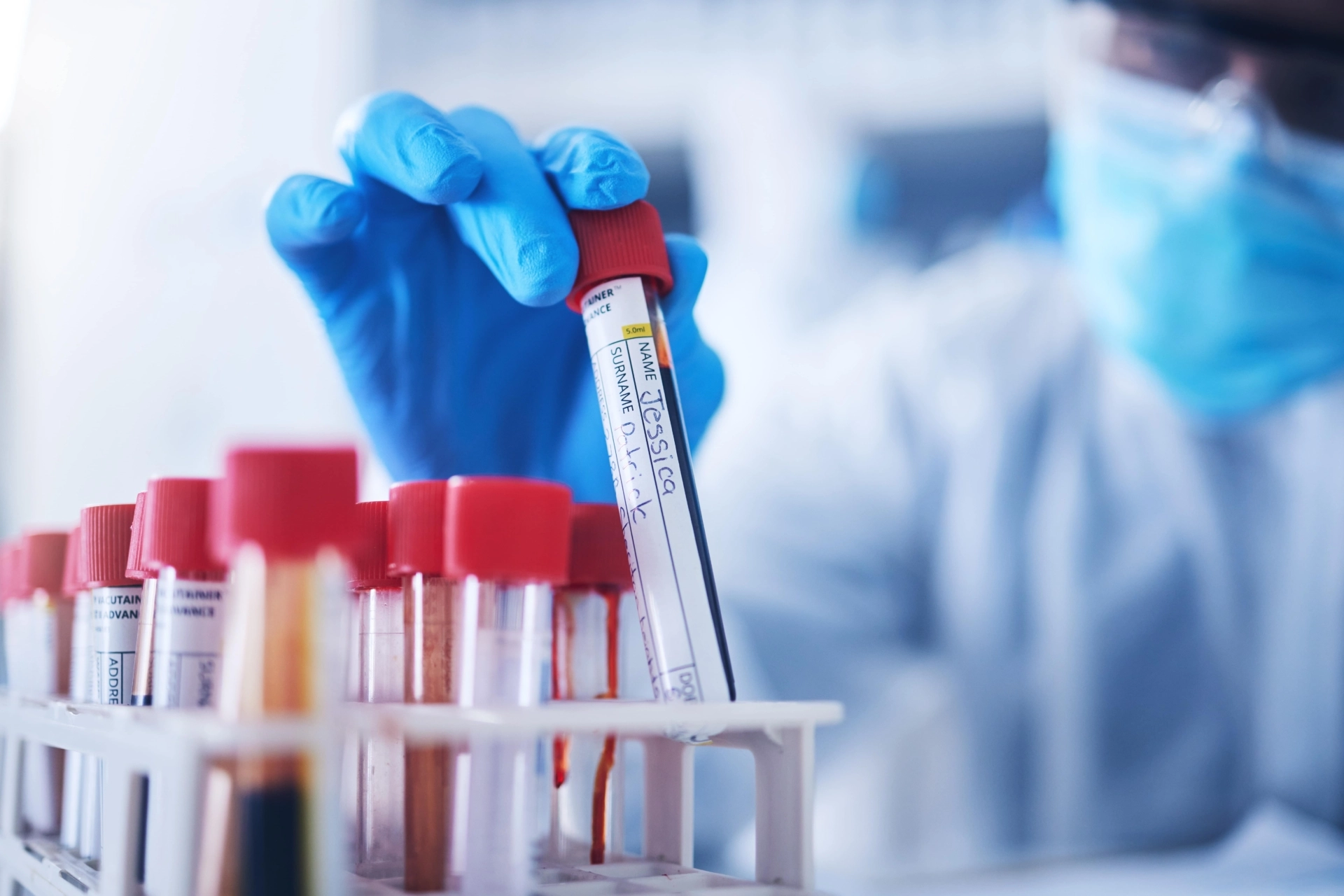A research collaboration between SAHMRI, the University of Queensland, Flinders University and other institutes around the country has shed new light on the ongoing health damage caused by long COVID, in a significant step towards improving future disease management.
Following the release of the Australian Government’s COVID-19 Response Inquiry Report, the study, recently published in Nature Microbiology, has found inflammatory markers in the blood of long COVID patients 18-24 months after infection which could explain why many experience ongoing cardiovascular issues.
Officially dubbed post-acute sequelae of COVID-19 (PASC), the condition is defined by a range of symptoms, including cardiovascular symptoms in some patients such as chest pain and heart palpitations, that can persist for months or even years after recovery from the acute phase of COVID-19.
Professor of Systems Immunology at SAHMRI and Flinders University, Professor David Lynn, says the research team combined blood samples collected from patients with long COVID in South Australia and Queensland for the study, comparing Long COVID patients with and without cardiovascular symptoms to healthy control samples.
“We performed an advanced method called transcriptomics on blood samples from individuals at 44 and 68 weeks post-infection, to measure which of the 20,000+ human genes were turned on and off,” Prof Lynn said.
Prof Lynn’s collaborators at the University of Queensland, led by Dr Kirsty Short, subsequently showed that there were elevated trace levels of cytokines, proteins which help control inflammation in the body, in the blood samples from these individuals.
“Lab studies showed these trace-level cytokines had a direct effect on the functionality of cardiac muscle cells sometimes referred to as ‘pacemaker cells’”, Dr Short said.
“These particular types of cells are fundamental building blocks for our heart, so damaging them could lead to the cardiovascular symptoms observed in these patients.”
Dr Feargal Ryan, a postdoctoral fellow in Prof Lynn’s laboratory at SAHMRI and Flinders University who led the analysis of the transcriptomics data, says the study showed a clear distinction between those with and without PASC.
“We found those with PASC consistently had increased expression of genes involved in inflammation,” Dr Ryan said.
“These individuals present with different inflammatory responses depending on their symptoms. For example, those with cognitive issues may exhibit a different biological profile compared to those with heart-related concerns.”
The discovery of this variation in immune response reinforces the need for a personalised treatment approach.
“Long COVID isn’t one single condition but rather a range of conditions, each with its own unique mechanisms. Identifying these differences will help us manage and hopefully mitigate the impact for tens of millions of people,” Prof Lynn said.
The findings are especially timely, with the COVID-19 Response Inquiry Report released earlier this week highlighting the need for continued research into the long-term health effects of the virus.
Further research will aim to diagnose the causes of this prolonged inflammation and how it might be treated.
“We still have a lot to learn about what keeps the immune system in this heightened state. Understanding this will be vital in developing effective treatments and support for those living with long COVID,” Prof Lynn said.
The study was made possible by the combined efforts of a large team, including the patients who donated samples, clinical teams at hospitals across the country that collected the samples, The South Australian Genomics Centre (SAGC), as well as support from the Flinders Foundation to conduct transcriptomics.





